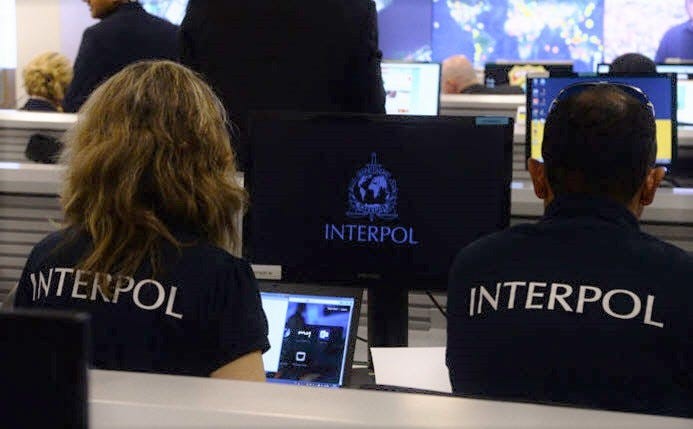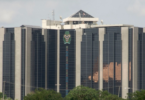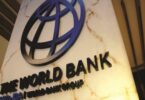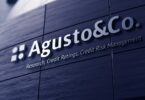The International Criminal Police Organization (Interpol) has announced the seizure of 615 tonnes of illicit drugs and precursor chemicals worth $1.6 billion in 31 countries.
Interpol disclosed the development in a statement on its website dated July 30, 2024.
The seizure was conducted through the operation code-named “Lionfish Hurricane” between April and May 2024, with Nigeria and about 29 countries participating in the operation.
According to Interpol, the operation led to 206 arrests after targeting drug trafficking networks spanning South America, Africa, and Europe.
Participating countries in Lionfish Hurricane include “Argentina, Benin, Brazil, Cabo Verde, Cameroon, Canada, Chile, Colombia, Côte d’Ivoire, Dominican Republic, Ecuador, El Salvador, Gambia, Ghana, Guinea, Guinea-Bissau, Guyana, Ireland, Netherlands, Nigeria, Panama, Paraguay, Peru, Portugal, Senegal, Sierra Leone, Suriname, Togo, United Kingdom, Uruguay, and Venezuela.”
Interpol explained that the operation’s unprecedented seizure of 505 tonnes of precursor chemicals, used for manufacturing both drugs and explosives, highlights the significant growth of transnational organized crime groups and their ability to produce weapons.
It disclosed that authorities confiscated more than 56 tonnes of cocaine and 52 tonnes of other drugs, including marijuana, ketamine, and tramadol, adding that this development further underscores the intricate links between various forms of transnational organized crime.
Here is a breakdown of the seizures:
“In Guyana, authorities seized a semi-submersible vessel in the jungle, highlighting the use of homemade “narco-subs” to transport up to 3 tonnes of cocaine via South American riverways and then across the Atlantic to Western Europe.”
“Brazilian authorities arrested 17 members of a drug mule ring travelling separately from Brazil to France, including an individual who had ingested 120 packages of cocaine.”
“30,000 commercial-grade detonators, diverted from military or commercial mining use, were confiscated across South America, along with 280 firearms and grenades.”
“Colombian police seized 2.1 tonnes of hydrochloric acid and destroyed a jungle factory producing sulfuric acid. Both chemicals are used to produce cocaine and homemade explosives.”
“In Ghana, a trafficking ring exploiting postal shipments was dismantled after authorities seized 18.8 kg of marijuana in parcels bound for the UK.”
“Six tonnes of cocaine hydrochloride that passed through Sierra Leone were seized in Antwerp, Belgium, while another 1.1 tonnes of the same drug concealed in a truck bound for Europe were seized in Senegal. Cocaine hydrochloride is produced as a white powder and is the most common form of cocaine.”
“65 stolen motor vehicles were intercepted in South America and West Africa, including a car recovered in Benin four months after it was stolen in Canada.”
Lionfish Hurricane involved a multidisciplinary operational support team of experts from various crime areas, assembled to enhance the overall intelligence picture of Interpol.
According to INTERPOL’s Secretary General Jürgen Stock, the value of drugs seized in the two-month operation is higher than the Gross Domestic Product (GDP) of some countries.
He stated that the development clearly shows the scale of the problem facing law enforcement across the world.
“Organized crime networks continue to expand their reach and the devastating consequences their activities bring. We will, and must, unite our efforts to combat this national security threat which affects every country,” he added.
The operation falls under INTERPOL’s new I-RAID programme (INTERPOL Response Against Illicit Drugs), a six-year initiative that combats drug trafficking through operations and analysis, capacity building and training, partnerships and outreach, and by targeting crime proceeds.
The United Kingdom Home Office funded the operation, while the Maritime Analysis and Operations Centre (Narcotics), the United Nations, and French agencies, played a role.
According to Interpol, “the Lionfish operations have netted seizures worth USD 3.6 billion and 5,617 arrests in 108 countries” since 2013.
Meanwhile, INTERPOL and the Japan International Cooperation Agency (JICA) are currently holding a collaborative workshop in Abuja, Nigeria.
The event is hosted by Nigeria’s Economic and Financial Crimes Commission for the benefit of sister anti-graft agencies and law enforcement institutions.







